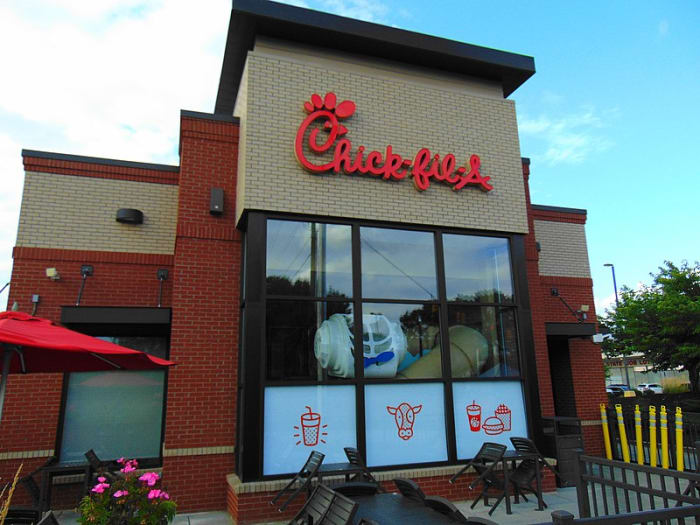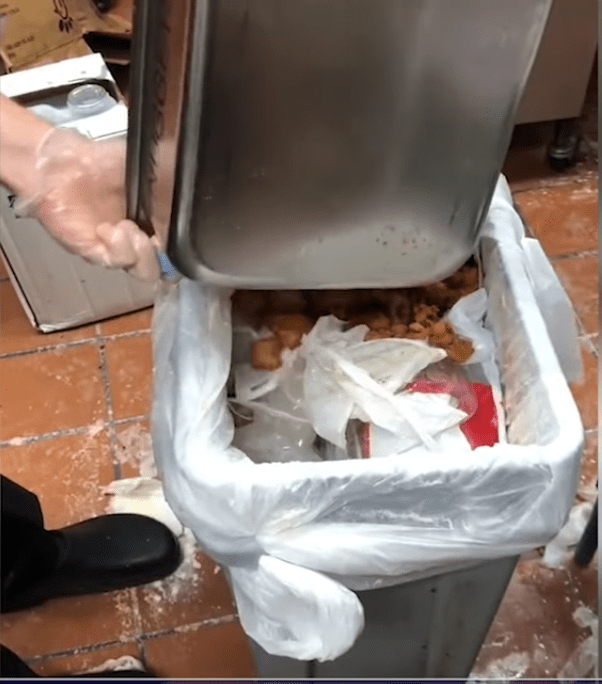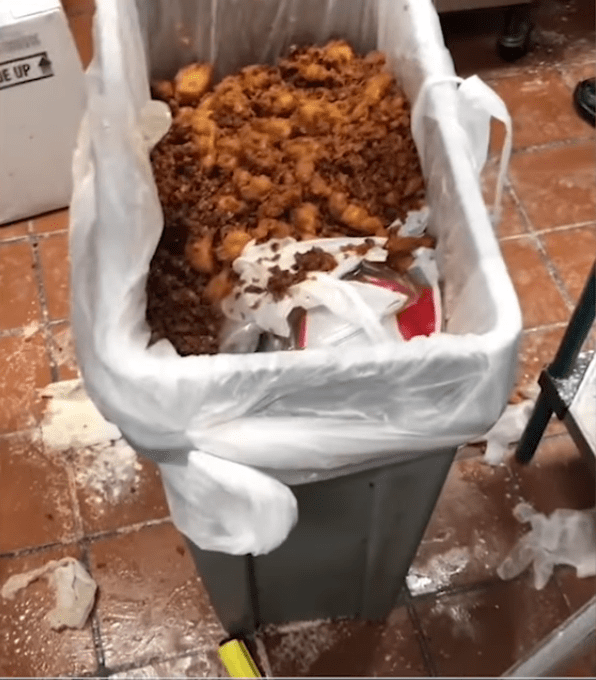In a viral TikTok video, a Chick-fil-A employee has taken aim at the beloved fast-food giant, accusing it of discarding substantial amounts of food, sparking both backlash and discussions about the company’s waste management practices.

Photo Credit: Wikimedia
Critics on TikTok expressed concern about the apparent waste, with one user lamenting, “The amount of food we throw away and the amount of starving people there are just doesn’t sit right with me. It’s sad.” Suggestions to distribute excess food for free and concerns about potential health risks associated with giving away chicken hours later were prominent themes in the comments. As one user pointed out, “Chicken that sits out too long cannot be given out to the homeless hours later; it will get them sick. It’s not a doughnut.”

Photo Credit: VESA Channel/Youtube
Chick-fil-A, a Georgia-based chain known for its customer service and distinctive approach to the fast-food industry, has faced criticism over its waste management practices. The video has drawn attention to the larger issue of food waste, especially in the context of widespread hunger.
In response to the controversy, Chick-fil-A referred to its existing food donation program, Chick-fil-A Shared Table, initiated in 2012. This program involves franchises packaging surplus food and sending it to charitable organizations, including soup kitchens and non-profits. However, despite this established initiative, Chick-fil-A has not yet responded to a request for comment.

Photo Credit: VESA Channel/Youtube
The incident highlights the ongoing public scrutiny of businesses, even beloved ones, regarding their ethical practices, particularly in relation to food resources. The video has sparked conversations about the need for transparency and responsible food waste management in the industry.

Photo Credit: VESA Channel/Youtube
As discussions unfold, Chick-fil-A may find itself under increased pressure to reassess and possibly enhance its strategies for minimizing food wastage while addressing the needs of communities facing food insecurity. The incident serves as a reminder that businesses must stay attuned to evolving social expectations and demonstrate a commitment to responsible practices, especially concerning food resources. Ultimately, how Chick-fil-A addresses this controversy will play a crucial role in maintaining the public’s trust and loyalty.
